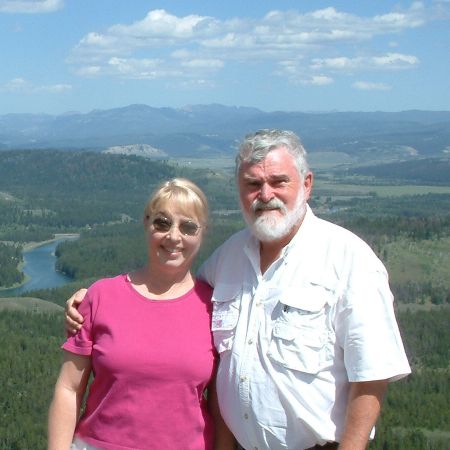In his fourth column in a series on activist juciciary, Thomas Sowell talks about the leftist, "Big Government" agenda being pushed by the current occupant of the Oval Office:
While President Barack Obama has, in one sense, tipped his hand by saying that he wants judges with "empathy" for certain groups, he has in a more fundamental sense concealed the real goal - getting judges who will ratify an ever-expanding scope of the power of the federal government and an ever-declining restraint by the Constitution of the United States.This is consistent with everything else that Obama has done in office and is consistent with his decades-long track record of alliances with people who reject the fundamentals of American society.Judicial expansion of federal power is not really new, even if the audacity with which that goal is being pursued may be unique. For more than a century, believers in bigger government have also been believers in having judges "interpret" the restraints of the Constitution out of existence.They called this "a living Constitution." But it has in fact been a dying Constitution, as its restraining provisions have been interpreted to mean less and less, so that the federal government can do more and more.For example, the Constitution allows private property to be taken for "public use" - perhaps building a reservoir or a highway - if "just compensation" was paid. But that power was expanded by the Supreme Court in 2005 when it "interpreted" this to mean that private property could be taken for a "public purpose," which could include almost anything for which politicians could come up with the right rhetoric.As for "just compensation," that is often about as just as "separate but equal" was equal. As for "empathy" for the less fortunate, it is precisely lower income and minority neighborhoods that are disproportionately bulldozed to make way for upscale shopping and entertainment centers that will bring in more taxes for politicians to spend to get themselves re-elected.This process of "interpreting" the Constitution (or legislation) to mean pretty much whatever you want it to mean, no matter how plainly the words say something else, has been called judicial activism. But, as a result of widespread objections to this, that problem has been solved by redefining "judicial activism" to mean something different.By the new definition, a judge who declares legislation that exceeds the authority of the legislature unconstitutional is called a "judicial activist."The verbal virtuosity is breathtaking. With just a new meaning to an old phrase, reality is turned upside down. Those who oppose letting government actions exceed the bounds of the Constitution - justices like Antonin Scalia and Clarence Thomas - are now called "judicial activists." It is a verbal coup.Not only politicians like Senator Patrick Leahy, but also law professors like Cass Sunstein and many in the media, measure how much of a judicial activist a judge is by how many laws that judge has declared unconstitutional. Professor Sunstein, incidentally, is among those being mentioned as a possible nominee for a post on the Supreme Court.When the Supreme Court in 1995 declared that carrying a gun near a school was not "interstate commerce," there was consternation and outrage in the liberal press because previous decisions of the Supreme Court in years past had allowed Congress to legislate on virtually anything it wanted to by saying that it was exercising its authority to regulate interstate commerce.When the Supreme Court decided by a narrow 5 to 4 vote that carrying a gun near a school was not interstate commerce, it was saying something that most people would consider too obvious for words. But it was considered outrageous that the Supreme Court recognized the obvious and refused to rubberstamp the sophistry that allowed Congress to pass laws dealing with things that the Constitution never authorized it to deal with.Incidentally, carrying a gun near a school was something that states had the authority to deal with, and the great majority of states had already banned it.What is at stake in Supreme Court nominations is the power of the federal government. "Empathy" is just camouflage, a soothing word for those who do not look beyond nice-sounding rhetoric.
Dr. Sowell has an excellent way of communicating the dangers posed to the constitution by this current administration. It's a pity more people don't read and consider the things he's telling us.

No comments:
Post a Comment